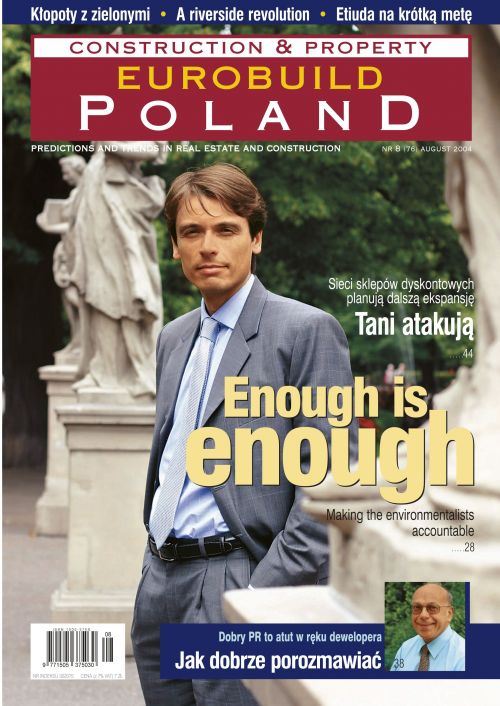Steven Hitchen: How do you view the current problems at Złote Tarasy as regards communication? [editor's note: construction of the city centre multi-use development has been halted due to a legal objection placed by an environmental group] Piotr Czarnowski*: They are just in the wrong place at the wrong time. I'd say, perhaps, that the problems didn't come out of the blue; that there were indications of what was going to happen in the days before. Maybe they should have reacted quicker. However, I think that when it did break, they responded promptly, fairly and openly. Communicating habitually makes you less vulnerable to crises. If you wait until an emergency you will find that you have no established channels of communication. If your intended audience doesn't know you, they will have difficulty in forming conclusions because they will not have had time to build up opinions and expectations. If you have communicated for a long time they will already know that you are a transparent,




























































